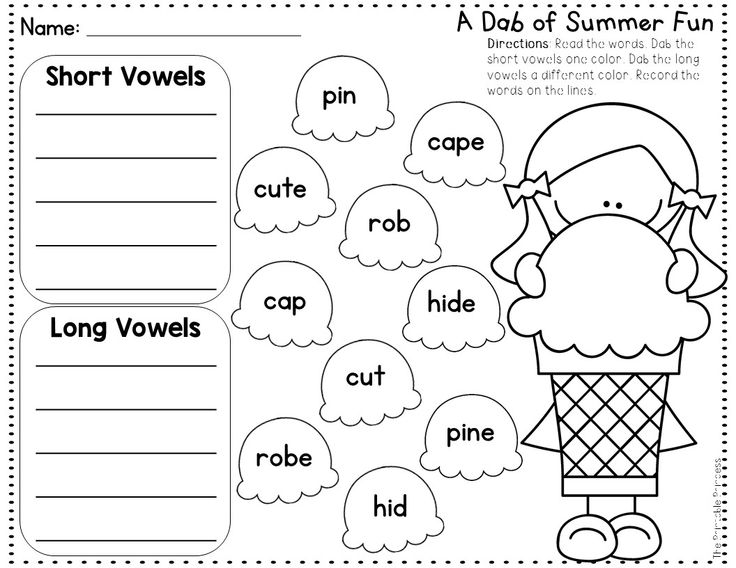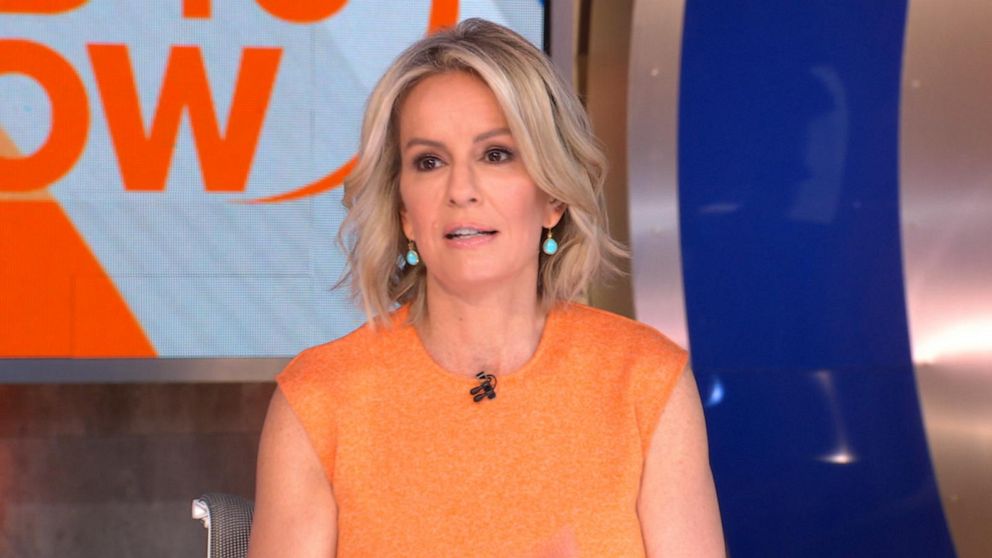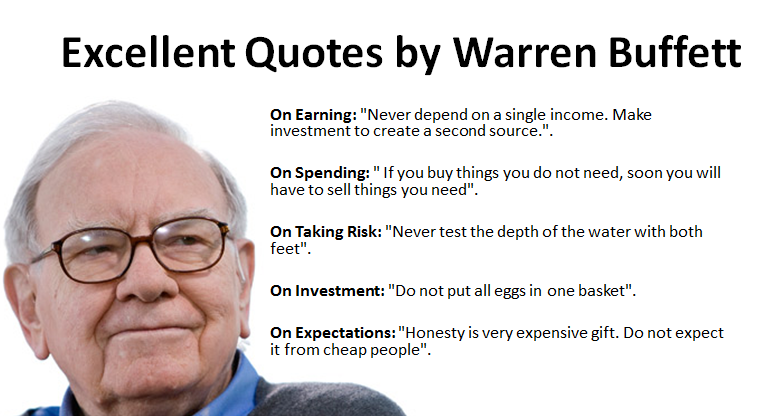Is it too early to say i love you
Why, How to Tell, More
As sentences go, “I love you” is a pretty simple one.
Yet in spite of its unassuming appearance, this short phrase can carry a *lot* of meaning — as evidenced by the fact that people often spend plenty of time agonizing over when to say it for the first time, or whether to say it at all.
If you’re hoping for a quick answer to the question, “When should I tell my partner I love them?” we have to let you down. As with most questions about matters of the heart, there’s no single, straightforward answer.
Love, after all, means something a little different for everyone. Some people consider confessing their love a momentous occasion that requires careful consideration. Others say the words easily, with no concerns over how they’ll be received.
So no, there’s no set timeline for saying those three small but powerful words. All the same, a few key clues can offer more insight on not just when you might be ready to say them, but when your partner might be ready to hear them.
Maybe you feel those words bubbling up whenever you’re around the person, and you find yourself pressing your lips firmly closed to hold them back.
At the same time, though, you might worry: Is it too soon? Do I really love them? What if they don’t feel the same?
Your imagination might even suggest possible scenarios, like stunned silence, laughter, or a swift rejection.
So, you decide to wait, until you’re more sure of them as well as yourself. As you wait, you wonder, “Exactly how long *should* I wait?”
The answer varies for everyone. But a 2011 research review did attempt to identify some common patterns around the act of saying “I love you.”
In a set of six studies, researchers explored why and when partners in heterosexual relationships communicate commitment, plus potential reactions to those declarations of love. (They noted that they only included male-female couples because they didn’t have enough data from LGB+ couples.)
Their findings suggest:
- Men often think about expressing feelings of love first.
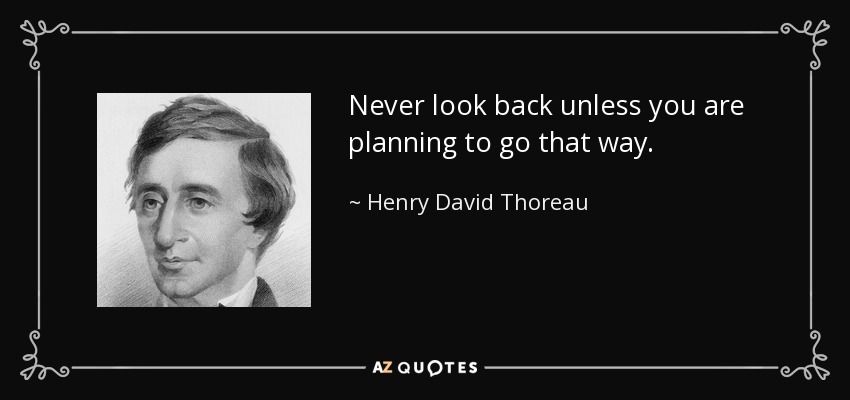 On average, it took them 97.3 days to consider saying “I love you,” while it took women just about 138 days to consider saying the words.
On average, it took them 97.3 days to consider saying “I love you,” while it took women just about 138 days to consider saying the words. - Men didn’t just think about confessing before women. They were also more likely to say “I love you” first.
- While men tended to consider confessions of love acceptable after about a month or so, women tended to say it was better to wait 2 to 3 months or so.
- Confessions of love generally inspired feelings of happiness, but men felt more positive about confessions that happened before the relationship became sexual. Women experienced more positive emotions when men said “I love you” after becoming physically intimate.
Basically, people often begin to consider saying “I love you” somewhere around a few months into a relationship.
Does gender matter?
The study authors suggest that women may trust a confession of love less when it comes before sexual intimacy, since they might consider it a less-than-honest means of getting sex.
Research from 2015 supports this suggestion, going on to note that some women may wait to say “I love you” because they don’t want their partner to feel rushed into commitment.
Of course, this view is somewhat limited. For one, it may support the stereotype that women want commitment while men want sex, a notion that’s often completely false.
What’s more, both studies exclude a significant number of people, since not everyone is cisgender or heterosexual. Researchers have yet to delve into the romantic experiences of transgender or nonbinary individuals, or fully explore nonheterosexual relationships. In short, these findings may not necessarily apply to every type of relationship.
Gender itself may not have all that much to do with how and when you fall in love. Gendered social norms, however, along with your past experiences in romantic relationships, can certainly factor in.
Romantic love often progresses through three general stages: lust, attraction, and attachment. These stages can affect your brain and body in different ways. Plus, not everyone will go through these stages the same way — if at all.
These stages can affect your brain and body in different ways. Plus, not everyone will go through these stages the same way — if at all.
Lust
The early phases of a romantic relationship can be pretty, well, lustful. Testosterone and estrogen may ramp up your libido, helping fuel the first few weeks (or months) where you can’t seem to keep from touching. Staying in (in bed, that is) usually sounds like a great idea.
Lust doesn’t always become love, or even mutual attraction. Some mostly physical relationships tend to lose their spark and fizzle out before too long.
In the same way, love doesn’t need to grow out of lust at all. Many asexual people may skip this stage completely.
Attraction
Of course, you can also feel some attraction that goes beyond sexual desire. Attraction can flourish alongside lust, or independently of any physical intimacy.
During this stage, your brain releases more of the hormones dopamine (linked to rewards and motivation) and norepinephrine (linked to the fight or flight response). At the same time, it produces less serotonin, a hormone that plays a part in mood, appetite, sleep, and sexual function.
At the same time, it produces less serotonin, a hormone that plays a part in mood, appetite, sleep, and sexual function.
These changing hormone levels can leave you feeling energized, even though you might have less appetite or need for sleep. You might also feel euphoric, or lightheaded and excited, at the merest thought of the person you’ve fallen for.
Attachment
Helped along by hormones like oxytocin, your romantic feelings might eventually stabilize into a more lasting attachment. You’ll recognize this stage when you begin to think about commitment over “just having fun” or “seeing what happens.”
While that early euphoria may have faded, feelings of closeness and deeper affection have grown in its place. You might feel a bond forming, and you may want to nurture it long term.
If you’ve reached this stage, you could, quite possibly, be in love.
Some people share their feelings as soon as they notice the first urge to say them. There’s nothing wrong with that, but it doesn’t hurt to take some time to think, either.
You can’t truly love someone before you get to know them, no matter what countless pop songs and media love stories suggest. In fact, a 2017 study suggests that so-called “love at first sight” might be better described as “attraction at first sight.”
As you sort through your feelings, ask yourself if you’ve noticed any of these key signs of love:
- You see them as a whole person. In other words, you acknowledge and accept not just their positive traits, but also the slightly less positive ones. That could include their habit of telling long-winded stories, when you really just want the highlights.
- You’re curious about all aspects of your partner. That includes their past relationships, family, childhood, present likes and dislikes, and future goals and plans.
- You want to support them without feeling a need to change them.
- You want to spend time together and miss them when you’re apart. But you also recognize that you have independent interests and respect their need to spend time alone, or with other friends.
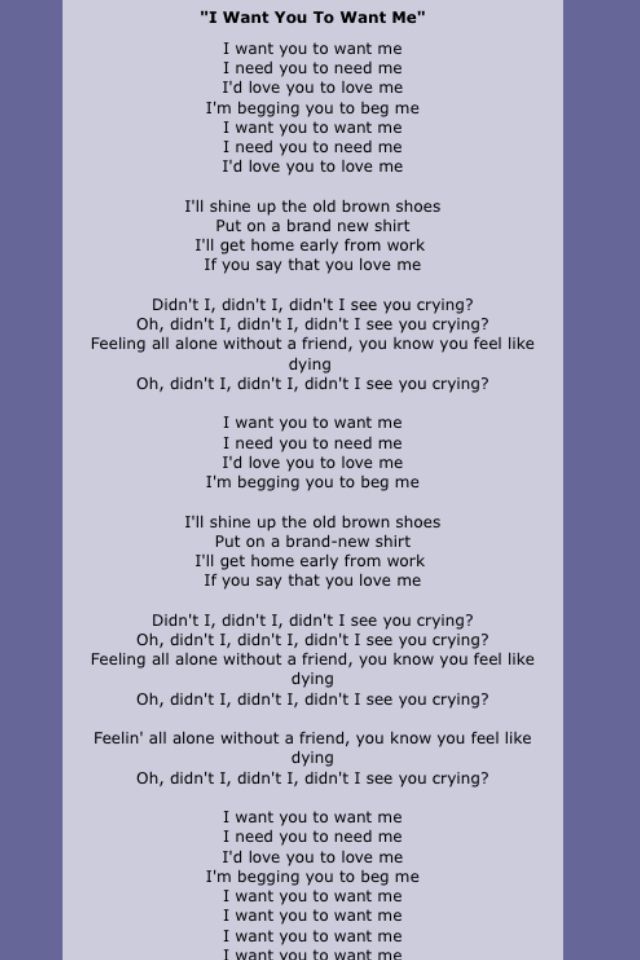
- The time you spend together involves life responsibilities, like chores and errands, as well as relaxation and fun, but you enjoy it all the same.
- You trust them when they aren’t around and feel safe and secure when they are.
- You’re starting to imagine (or loosely plan) a future together. You may even talk about it as a couple.
- You don’t just want to tell them how you feel, you want to share those feelings with everyone you know.
- You want your friends and loved ones to meet them and think as highly of them as you do.
At the end of the day, maybe you just know your life is better with them around, and you want to keep it that way.
Saying “I love you,” at least in the context of a romantic relationship or love interest, does typically suggest a desire for increased commitment. That’s one reason why you might feel a little nervous before saying those words.
What if the person you love doesn’t love you in the same way, or want the same type of commitment? Maybe they do have the same feelings, but they want something a little (or a lot) different from a relationship.
Once you feel ready to express your feelings and work toward something more lasting, a good first step might involve starting a conversation about your relationship. You can talk about your goals, boundaries, and long-term compatibility.
A few questions to ask your partner, and consider for yourself:
- What does commitment mean to you? Are you monogamous, comfortable opening things up, or strictly non-monogamous?
- How do you define your personal and relationship boundaries? What are your needs for alone time? How about time with your partner? Do you prefer a lot of communication when apart, or just a little? How do you feel about friendships with ex-partners? What do you consider cheating?
- Do you have similar interests and personal values? You certainly don’t need to have all the same interests or beliefs. That said, things may not go swimmingly if one of you envisions a future filled with bike camping trips and the other really dislikes leaving the comforts of home.
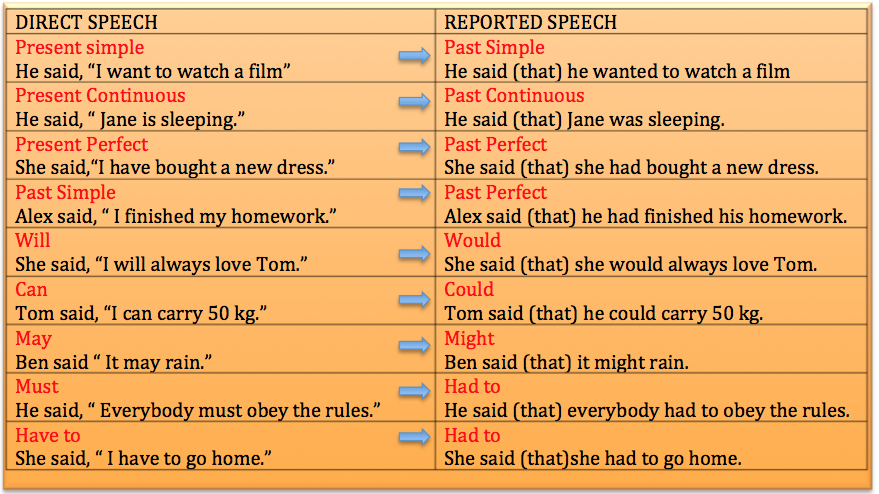 Some partners do build successful relationships in spite of different hobbies, religious faiths, or political beliefs. But talking about these values early on can help you determine your long-term compatibility.
Some partners do build successful relationships in spite of different hobbies, religious faiths, or political beliefs. But talking about these values early on can help you determine your long-term compatibility. - What do you want for the future? Do you hope to move in together, get married, or have children? Are these goals flexible or nonnegotiable?
Think of your relationship like Rome: You can’t build it in a single day. These conversations will take some time, so expect some ongoing dialogue. All that discussion has a benefit, though — it usually helps strengthen your bond.
You and your partner won’t automatically fall in love at the same time, and that’s absolutely fine.
Romantic feelings naturally develop at different rates. It’s also worth considering that some people feel more secure and confident when it comes to accepting love’s risks.
Loving someone means accepting some risk of rejection and heartbreak, which leaves you in a vulnerable position.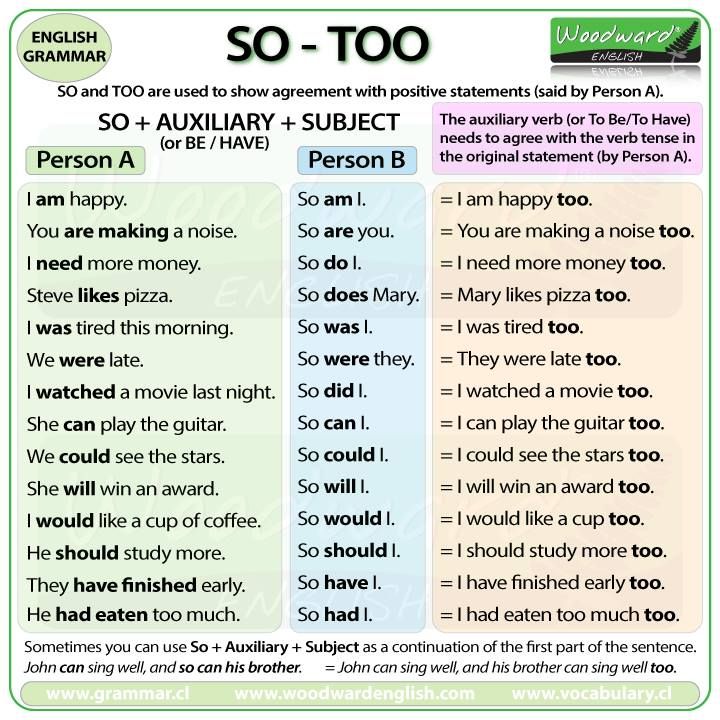 You could simply need a little more time to come to terms with that new vulnerability.
You could simply need a little more time to come to terms with that new vulnerability.
Experiences in previous relationships can also make it more difficult to acknowledge and trust your own feelings. They can even inspire some doubts about your ability to fall in love.
These experiences can make it harder not just to recognize your feelings, but also to feel comfortable expressing them. They might include:
- toxic or abusive relationships
- infidelity
- childhood trauma
- untreated attachment issues
Wondering about your own attachment style and how it might affect your relationships? Check out our guide.
How to respond when you aren’t sure how you feel
It’s never wrong to take time to consider your own feelings when a partner says, “I love you.”
Instead of replying in kind before you truly mean it, consider trying out one of these starter phrases:
- “I love spending time with you.”
- “I feel so happy around you.
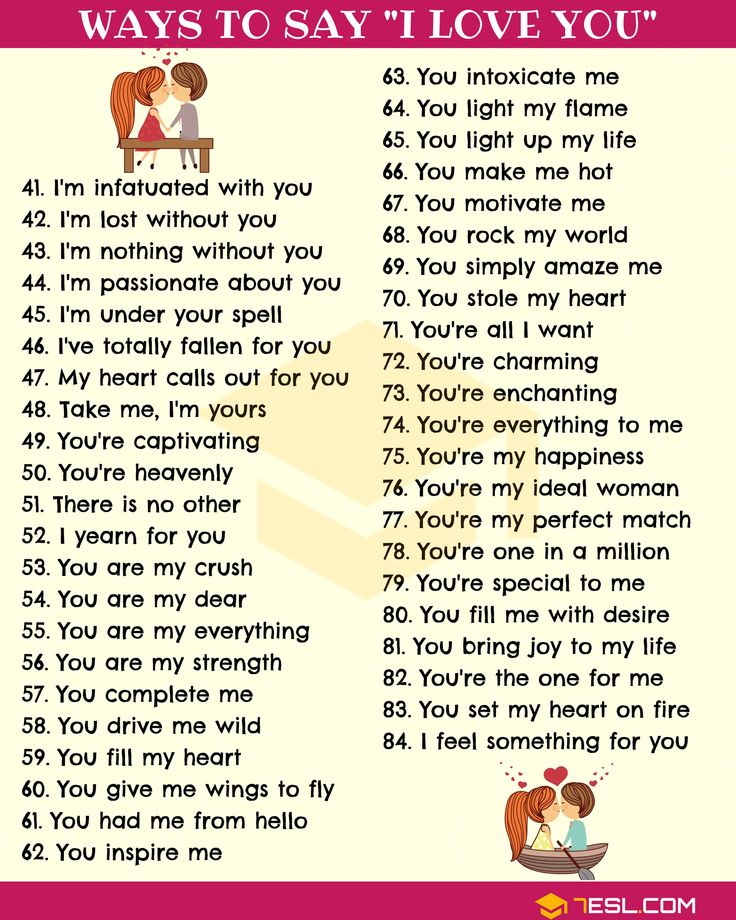 ”
” - “I appreciate you so much.”
- “I love how close we’ve become.”
- “I’m really excited about what we have, and I can’t wait to see where it goes.”
- “I really care about you, but I’m not sure yet if I can call those feelings ‘love.'”
You might feel tempted to wisecrack “I know,” à la Han Solo, but just be prepared — some partners may not find this all that amusing.
Open communication serves as an important foundation of any relationship, in large part because it factors into so many aspects of lasting intimacy:
- revisiting boundaries
- talking about things you’d like to try in bed
- expressing feelings of appreciation and love
- resolving conflict
- sharing difficult emotions
It often becomes easier to trust someone when you know you can tell them anything that comes to mind and count on them to listen with empathy and try to understand your perspective.
Remember, someone who really does love you will have patience and respect your needs. They won’t pressure you to say something you aren’t ready to say.
They won’t pressure you to say something you aren’t ready to say.
It could be time to reevaluate the relationship if:
- They seem insistent on you confessing your love.
- They don’t show any desire for commitment.
- The relationship never becomes more intimate.
- They love you, but you don’t know if you can love them in the same way.
- You feel stuck waiting for the relationship to progress.
You can’t take a test to determine whether you’re in love or not. You mostly have to follow your heart, so to speak. If you feel the urge to confess your love to your partner, once you’ve acknowledged those feelings for yourself, there’s no need to wait a set length of time.
Don’t worry if they don’t respond immediately. Love takes a different route for everyone, but expressing genuine feelings can often strengthen a relationship.
Plus, there’s always the chance your “I love you” could help them realize they feel the same way.
Crystal Raypole writes for Healthline and Psych Central. Her fields of interest include Japanese translation, cooking, natural sciences, sex positivity, and mental health, along with books, books, and more books. In particular, she’s committed to helping decrease stigma around mental health issues. She lives in Washington with her son and a lovably recalcitrant cat.
Her fields of interest include Japanese translation, cooking, natural sciences, sex positivity, and mental health, along with books, books, and more books. In particular, she’s committed to helping decrease stigma around mental health issues. She lives in Washington with her son and a lovably recalcitrant cat.
When To Say "I Love You": What Research & Experts Say
How long should you wait before saying "I love you"?
How long you should wait before saying "I love you" depends on what you believe that statement means. Some people take months or even years to confess their love because they believe "I love you" holds great meaning and want to wait until they're absolutely sure about how they feel, says clinical psychologist Carla Marie Manly, Ph.D. "Some people, however, use the term 'love' rather loosely; in this case, saying 'I love you' can feel appropriate in the first few weeks or months."
According to 2020 OKCupid data on 6,000 people shared with mindbodygreen, 62% of people think you should say "I love you" "as soon as you feel it," whereas 22% think you should wait "several months," and 3% think you should wait "at least a year. " On average, research has found men take about three months to say "I love you" while women take about five months. (Here's more on how long it takes to fall in love in general.)
" On average, research has found men take about three months to say "I love you" while women take about five months. (Here's more on how long it takes to fall in love in general.)
How soon is too soon to say "I love you"?
It's likely too soon to say "I love you" if you don't actually know the person that well, which is a sign you might be confusing love and infatuation. Infatuation is a strong feeling of attraction and fixation toward someone, whereas love involves feeling intimately bonded and close to someone. Feelings of "love" felt in the early days or weeks of a relationship are often actually feelings of infatuation, Manly explains.
"Truly loving someone means that you see them for who they are and are willing to accept them with both their strengths and their weaknesses; this type of love cannot arise through a series of short dates or fabulous sexual encounters," Manly says.
That said, feelings of love can happen within just a few weeks of knowing someone, according to both Manly and licensed couples' therapist Lexx Brown-James, Ph. D., LMFT. "Depending on the amount of time spent together and the depth of the interactions, true love can certainly be experienced—and expressed—within several weeks of deep, intentional interactions," Manly says.
D., LMFT. "Depending on the amount of time spent together and the depth of the interactions, true love can certainly be experienced—and expressed—within several weeks of deep, intentional interactions," Manly says.
It's more about the nature of the time spent together than the amount of time spent together, Brown-James asserts. "When there are traumatic events afoot and a person is feeling supported and cared for by another, the brain does release oxytocin and vasopressin, which are the 'feel-good' and the 'relationship' hormones that make people want to get into long-term relationships," she says. If that happens within a month of knowing someone, it's OK to lean into that.
Advertisement
This ad is displayed using third party content and we do not control its accessibility features.
Should you say it first?
In general, if two people love each other, it doesn't matter who says "I love you" first. If you're not sure whether your partner feels the same way you do, you can still tell them how you feel—just be mindful of why you're doing it. If you just want to let them know where your heart is at and don't mind whether or not your feelings are reciprocated, go for it.
If you just want to let them know where your heart is at and don't mind whether or not your feelings are reciprocated, go for it.
"There is so much taboo around what 'I love you' means and who we say it to," Brown-James says. "I suggest taking a bit of time to inventory your feelings. Honoring your feelings of vulnerability is risky and can be scary. It is, however, a way to build intimacy."
That said, Manly points out that those three little words can carry a lot of weight for some people, so it's worth considering how your confession might affect them and your relationship. "A person's proclamation of love can bring a 'not-so-ready' person closer, yet it can also scare someone away," she says.
If it's important for you to have the other person love you back, Manly recommends paying attention to body language cues as well as the other types of language they use to describe how they feel about you. "Couples often test each other out by paying attention to key phrases such as 'I'm catching feelings for you,' 'I really like you,' or 'I feel so close to you,'" she says. "Notice if these precursors to 'I love you' are in play. If they are, it may be the right time to voice how you feel."
"Notice if these precursors to 'I love you' are in play. If they are, it may be the right time to voice how you feel."
Signs it's the right time to say "I love you":
- You feel like it's bursting out of you.
- You keep almost saying it or finding it at the tip of your tongue.
- You know your partner extremely well.
- You recognize your partner's flaws—but you still feel like you love them.
- You've had significant or meaningful experiences together.
- Statements like "I like you a lot" don't feel like they're enough anymore.
- You've been saying things like "I really like you" or "I feel so close to you" and getting positive responses from your partner.
- Your partner's been saying those types of statements too.
- You've been talking with each other about your relationship as if it's going to last.
Advertisement
This ad is displayed using third party content and we do not control its accessibility features.
When you shouldn't say it for the first time.
- During sex
- When drunk
- Over text
- When you feel pressured
- When you want something from them and think saying it will help
What if they don't say it back?
Your relationship isn't over just because your partner doesn't say "I love you" back to you the first time you say it, says Brown-James. "If there is rejection, it can hurt. It also doesn't mean the relationship has to end right then and there," she says. "Instead, it can take time to build toward that feeling for a lover."
There's no way to make someone fall in love with you, and Brown-James recommends against trying to speed up the process because it can make the other person uncomfortable if they feel pressured. That said, there are ways to grow your emotional connection with someone, which can help foster feelings of intimacy.
However, it's important to pay attention if mutual love isn't expressed eventually.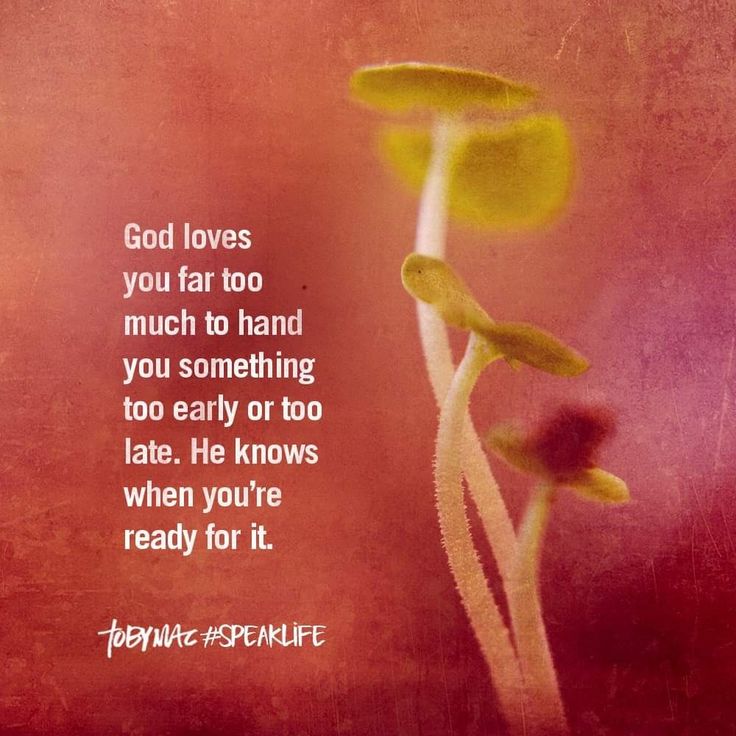 "If a couple is dating seriously and the first 'I love you' has yet to be shared by both partners after eight months to a year has passed, that is a sign that something is amiss in either the direction of the relationship or the emotional availability of one or both partners," Manly says.
"If a couple is dating seriously and the first 'I love you' has yet to be shared by both partners after eight months to a year has passed, that is a sign that something is amiss in either the direction of the relationship or the emotional availability of one or both partners," Manly says.
Advertisement
This ad is displayed using third party content and we do not control its accessibility features.
The bottom line.
When to say "I love you" for the first time depends on the circumstances in the relationship, what you're hoping happens once you confess, and whether you earnestly feel in love.
"In general, it's not the amount of time that passes that makes it the right time to say 'I love you,'" Manly says. "What matters most is that you know in your heart that the feelings you have in your heart are beyond infatuation."
Read more stellar mbg stories:
Advertisement
This ad is displayed using third party content and we do not control its accessibility features.
"I love you": when should you admit it?
184 113
Man and woman
Because these words are so meaningful to us, we sometimes find ourselves in confusion: to confess our love first or wait for recognition from a partner? And is there that perfect moment to open your heart?
Time for recognition
We receive conflicting advice from all sides. They say you need to make a confession:
- not earlier than the fifth date; nine0014
- only two months later;
- waiting for the moment when you can no longer keep it to yourself.
Advised not to confess your love before, during or immediately after sex, or when you are very excited. It is recommended not to say it first and, having heard a confession, not to give an answer until you have spent enough time together.
Examples make it clear how much importance we attach to the moment when it is worth opening the heart. However, it is obvious that here, as in everything connected with the magical state of falling in love, there are no exact formulas. nine0003
nine0003
“Time is important for a long-term and deep relationship, which will test the sincerity and willingness to accept each other, regardless of life circumstances,” says Aron Ben-Ziv, professor of philosophy at the University of Haifa. - Therefore, it would most likely be premature to tell the partner immediately about deep feelings and far-reaching intentions as about something decided.
Only the future can prove it. The partner may regard the haste as some frivolity. However, there is also love at first sight. And if you are experiencing strong emotions, then why not open them? Do not just get ahead of yourself, expect promises. You can just enjoy the happy moment.” nine0003
Phases of love
Everyone needs a different time to realize the depth of their feelings and be ready for recognition. It is also important to consider our gender identity. Men tend to do it earlier and more readily. According to research, it takes them about 88 days to say "I love you", while for women this interval is 124 days. 39% of men confess within the first month of dating, and only 23% of women are ready to voice their feelings so quickly. nine0003
39% of men confess within the first month of dating, and only 23% of women are ready to voice their feelings so quickly. nine0003
We live differently and we are aware of the emerging feeling. However, this does not indicate how dear a person is to us. The one who falls in love faster can cool off just as quickly. What to do if you heard a declaration of love, but are not ready to utter the same words in response?
Love can develop asymmetrically, because this feeling does not live by the laws and rules
“Be honest with yourself and your partner,” says Ben-Ziv. - You should not say words in which you are not completely sure, just so as not to offend a loved one. If he is dear to you, tell him about it and specify that you need time to realize your feelings. nine0003
Don't play love at first sight if it doesn't suit your feelings. An equally deep connection can arise over time. But, if you are experiencing strong emotions, you do not need to hide them just because the other is not yet ready for reciprocal manifestations. Love can develop asymmetrically, because this feeling does not live according to laws and rules.
Love can develop asymmetrically, because this feeling does not live according to laws and rules.
“Perhaps, before you say “I love you”, you will be called affectionate names, they will say that they love certain qualities in you, says cognitive psychologist Olga Tokach. - If a person is not moving along the emotional road as fast as you expect, this does not mean that his feelings are not deep enough. You need to respect his internal psychological pace, which may not coincide with yours. nine0003
"You are the love of my life"
If you tell a person that he is the greatest love of your life, you may be embarrassing him. After all, it is obvious that you expect a similar recognition from him. So you create a kind of rating, behind the scenes urging your partner to reconsider their past.
If you don't get a reply, it's not a sign that he/she doubts his/her feelings for you. Every love story has its own value. When you call on your loved one to make a choice, you question the significance of the relationship they experienced before meeting you. nine0003
“The statement “You are the love of my life,” said at the very beginning of your story, may cause bewilderment for a partner who is not yet ready to confess his feelings in return,” says Olga Tokach. “It may take longer than you expect to hear those words back.”
“It doesn't matter who makes the first confession, nor does it matter who repeats the words of love more often,” says Aaron Ben-Ziv. - It doesn’t matter what kind of love partner you turned out to be for your lover and whether he (a) loved someone before meeting you. Only sincerity of feelings, the ability to accept each other's differences and the joy that we share a life path with a loved one are important. nine0003
Text: Sabina Safarova Photo Source: Getty Images
New on the site I give up everything halfway”
“It’s inconvenient to ask my husband for money every time, but he doesn’t understand hints”
Scientists have found out which partners men and women choose in difficult times
“I see prophetic dreams”: how the unconscious gives clues — personal experience
Man with nails: what is the new masculinity
“Fandorin. Azazel: how did the new series based on the novel by Boris Akunin turn out
Azazel: how did the new series based on the novel by Boris Akunin turn out
“My husband accused me of giving birth to a child for myself, freaked out and left”
Chicago Seven: how nerves affect blood pressure
7 reasons not to hurry say "I love you"
Someday you will meet a person next to whom it will be difficult for you to contain your feelings. Everyone understands that at such a moment you want the whole world to know about your love and how important this person is to you. But I assure you, in this matter time is everything. I offer you an article that will help you if you suddenly find yourself in such a situation. nine0003
So many young people spend their lives searching for true love, waiting for the moment when they can say those three cherished words. No matter how delightful, wonderful, wonderful the guy you met a week ago was, it is better to wait with the words of love "until death do you part. " If you find it difficult to contain your feelings, then here are the following 7 arguments.
" If you find it difficult to contain your feelings, then here are the following 7 arguments.
1. Candy-bouquet period
Meeting for a couple of weeks or months, you will like everything about your young man. But over time, such a thrill may gradually disappear. You will start to learn new facts about your soulmate, you will hear a couple of unflattering stories about him, you will see his dirty room, over time, you will even start to get tired of the things that you used to love about him. It is better to know more about the young man before speaking these words to him. In addition, if you see that the candy-bouquet period is dragging on, but there is no development of relations, you should think about the seriousness of your relationship. nine0003
2. Why it's so important
The beginning of a relationship is a fun, carefree time. At first, you don’t worry about the fact that you will be together all your life, but at most you plan where to spend the weekend, if you immediately go headlong into a serious relationship, you can miss so many fun moments. If this is the love of your life, then later you will need to remember something: rings, love letters.
If this is the love of your life, then later you will need to remember something: rings, love letters.
3. The myth of love at first sight
The only thing you may like about meeting at first sight is appearance. You may feel passion or attraction for a man, but these feelings are far from love. How can you love someone without knowing their character? Interests? What is his favorite movie? Before you know it, love is out of the question. It seems to me that you should not rush into confessions for the reason that your young man, after all, can lie about his love, just using you. nine0003
4. Lies for good
Never tell a guy that you love him if it's not true. This will make him believe in your relationship, become attached to you, more than you to him. If he pressures you and rushes you to declare his love, explain that this phrase means a lot to you, and you want to wait until you yourself want to say it. If he truly loves you, he will understand. By the way, to avoid mistakes and not get into a mess, read also - 7 Worst Responses to a Declaration of Love
5.
 Fear of commitment
Fear of commitment A young person may feel as strong an attachment to you as you do to him. However, if you tell him you love too soon, you risk losing him. Some people are slower than others. If you see that a man is not ready to tell you a word with the letter “L”, then I advise you to wait a little with this.
6. Senselessness
If you run after a few weeks of your acquaintance to shout left and right that you are in love, then these words will simply lose their meaning. The expectation of these words give them special meaning. If your young man knows that you will not scatter such words, then he will appreciate it even more. nine0003
7. Life is not a movie
The world is not a play by Shakespeare. Romeo and Juliet only had two hours to fall in love on stage. In reality, everything lasts much longer, so it takes a lot of time for love to grow. Perfect relationships cannot appear out of thin air, they must grow and develop. Don't let silly romantic movies influence your life.


